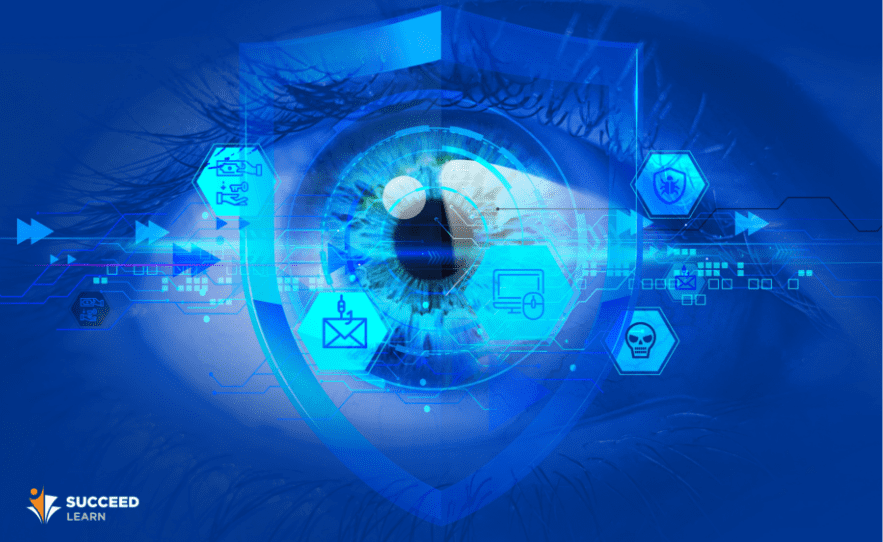
What is Keeping CISOs Awake at Night?
Chief Information Security Officers (CISOs) are the people, who are on one’s own hook to ensure the IT infrastructure security including information and network security at the organization level, are safe and protected.
When everything around us is connected with the internet of things, security becomes everything. Every bit of information that flows across the veins of the network can be hacked for a larger cause. As technology is expanding its wings to increase the intelligence of systems around us, the sophistication degree of cyber-attacks has increased by manifold. At the same time, it is scary to see that there is no equivalent growth in cybersecurity professionals or training gears. There is a need for spreading Information Security Awareness through substantial training programs and real-time implementation techniques, to keep our socks pulled up.
There are many factors that keep CISOs awake at night. Some possible grounds are discussed below.
- With the interconnected objects dispersed around us, the ease and degree of cyber-attacks have skyrocketed. The demand to supply ratio of the expert CISOs shows a tall gap and is one of the reasons bothering the officers. As gloomy as it sounds, the percentage of CISOs, who actually know networks and understand how to deal with security threats are fewer. Expert analysts are curious, know the perimeter of their networks, possible endpoints, scripting and can deal with emergency accidents with evident expertise and flawlessness.
- Many CISOs argue that it is not just enough to have the IT staff working technically on the security front. To efficiently deploy the safety measures and prevent attacks, it is important to have out-and-out participation from every employee of the organization. It is often seen that most employees are oblivious of the security threats, phishing scams, cyber hacks, etc. and lack the fundamental Information Security Awareness. It is the duty of every organization to ensure proper training to all employees, equipping them with basic personal and professional security measures against common hacks and teach the knack of identifying the same.
- The deep web is always active. While it is unfortunate that advanced technology is employed to access the deeper network areas to perform cybercrimes and illegal cyber activities, it’s existence through not-so-skilled criminals to cause major leaks and attacks forms the reality. When the deep web never sleeps, CISOs have to remain awake round the clock to ensure and co-ordinate the overall security of the organization.
- Preparing for the uncalled crisis time, constantly updating oneself with the patterns of malware and vulnerability attacks, planning on restoring the lost data and machines, working on the why’s and how’s of attacks, the details of the compromised data, interacting with the technical team for better encryption and compression codes, monitoring the whole team and encouraging their participation in preventing such acctaks, and many more duties, come under the hat of the CISO work line. It is not the attack the CISO fears the most, it is the unpreparedness of his team to face any attack or threat that he/she gets the nightmares of.
- The budget constraints of a company often take prominence over hiring competent CISOs and other expert cybersecurity analysts. Without trained professionals, one cannot identify threat endpoints and attack patterns. The compliance norms must be reframed to allow CISOs to hire expert technical personnel to support for a better grade of protection. It is often not just the data loss but also that of the intellectual property; it is then that the disrepute of the company comes to light. Hence it is crucial to appoint talented analysts and ensure embedding of cybersecurity measures within the organizational web.
These days, cyber assaults are spreading to more prominent bodies like government, pharmaceutical industries, defense organizations and many more, which leaves them crippled. Organizations should become better aware of cyber laws & policies, appoint capable CISOs, who take responsibility in defending their networks, along with an informed set of employees, who can minimize the number of ignorant employees who can fall victims to exploitation of security vulnerabilities.


